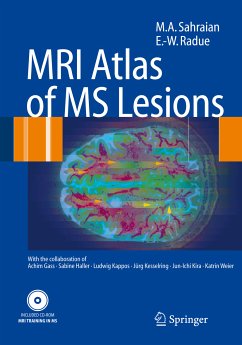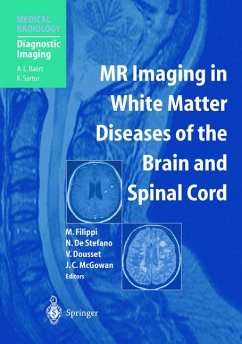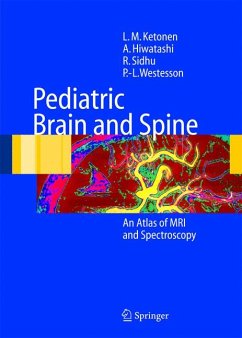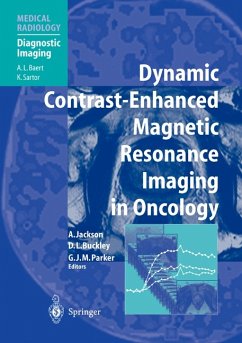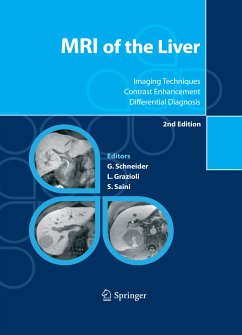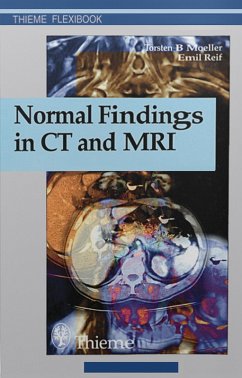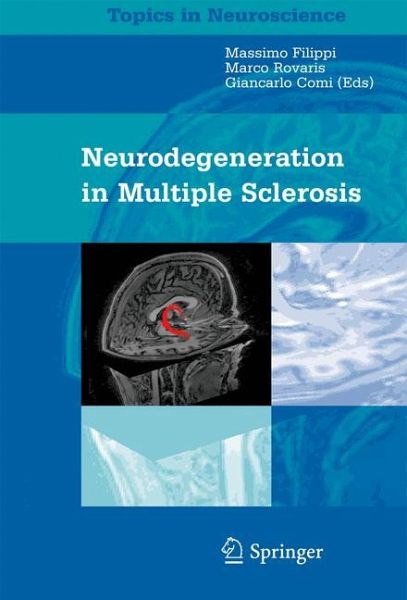
Neurodegeneration in Multiple Sclerosis (eBook, PDF)
Versandkostenfrei!
Sofort per Download lieferbar
112,95 €
inkl. MwSt.
Weitere Ausgaben:

PAYBACK Punkte
56 °P sammeln!
In multiple sclerosis (MS), conventional magnetic resonance imaging (cMRI) has proved to be a valuable tool to increase diagnostic confidence and for monitoring the efficacy of experimental treatment. Written by world-renowned scientists, this volume provides a state-of-the-art on the most recent MRI techniques related to MS. It is indispensable tool for all those working in this field. The application of modern quantitative MR techniques is changing dramatically our understanding of how MS causes irreversible disability. These techniques evidence that MS is not only a white matter disease and...
In multiple sclerosis (MS), conventional magnetic resonance imaging (cMRI) has proved to be a valuable tool to increase diagnostic confidence and for monitoring the efficacy of experimental treatment. Written by world-renowned scientists, this volume provides a state-of-the-art on the most recent MRI techniques related to MS. It is indispensable tool for all those working in this field. The application of modern quantitative MR techniques is changing dramatically our understanding of how MS causes irreversible disability. These techniques evidence that MS is not only a white matter disease and that neurodegeneration is an important aspect of it. There is also increasing perception that modern MR methodologies should be more extensively employed in clinical trials to derive innovative information.
Dieser Download kann aus rechtlichen Gründen nur mit Rechnungsadresse in A, B, BG, CY, CZ, D, DK, EW, E, FIN, F, GR, HR, H, IRL, I, LT, L, LR, M, NL, PL, P, R, S, SLO, SK ausgeliefert werden.




